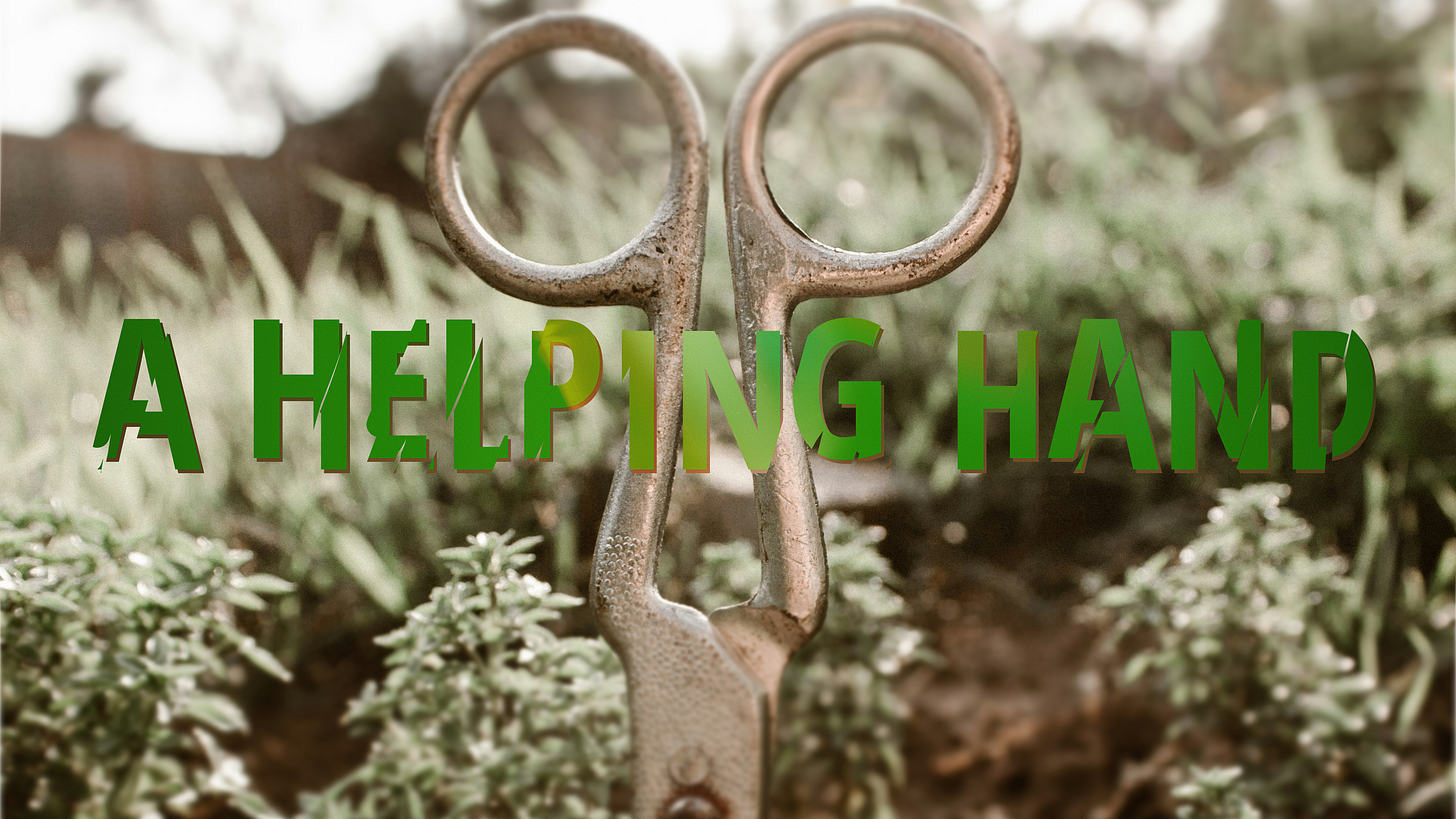Mrs. Pillsbury was not at all well.
A regular bout of the sniffles or a summer fever—like the one she had now—might weaken her for a few days, but such maladies could easily be managed with a nip of brandy before bedtime. The strange hand—the extra one—that caught her mid-faint and entirely by surprise was something else, though.
Steadying her, Mrs. Pillsbury forgot all about fainting for a moment as she blinked, staring at the strong, delicate fingers gripping the wooden towel rack of her modest bathroom. Grateful not to have met the tile up close—it was unforgivingly hard—she turned to offer a whisper of thanks, but no one was there.
Looking again at the fingers, her eyes followed the line of the wrist and forearm down, only to discover that the arm terminated—or, more accurately, emanated—from her own stomach.
At this, she was overwhelmed by the sight and, owing to her poor health, lost consciousness. In those darkening fractions of a second before she passed out, a name floated to mind: Lottie Carmichael.




